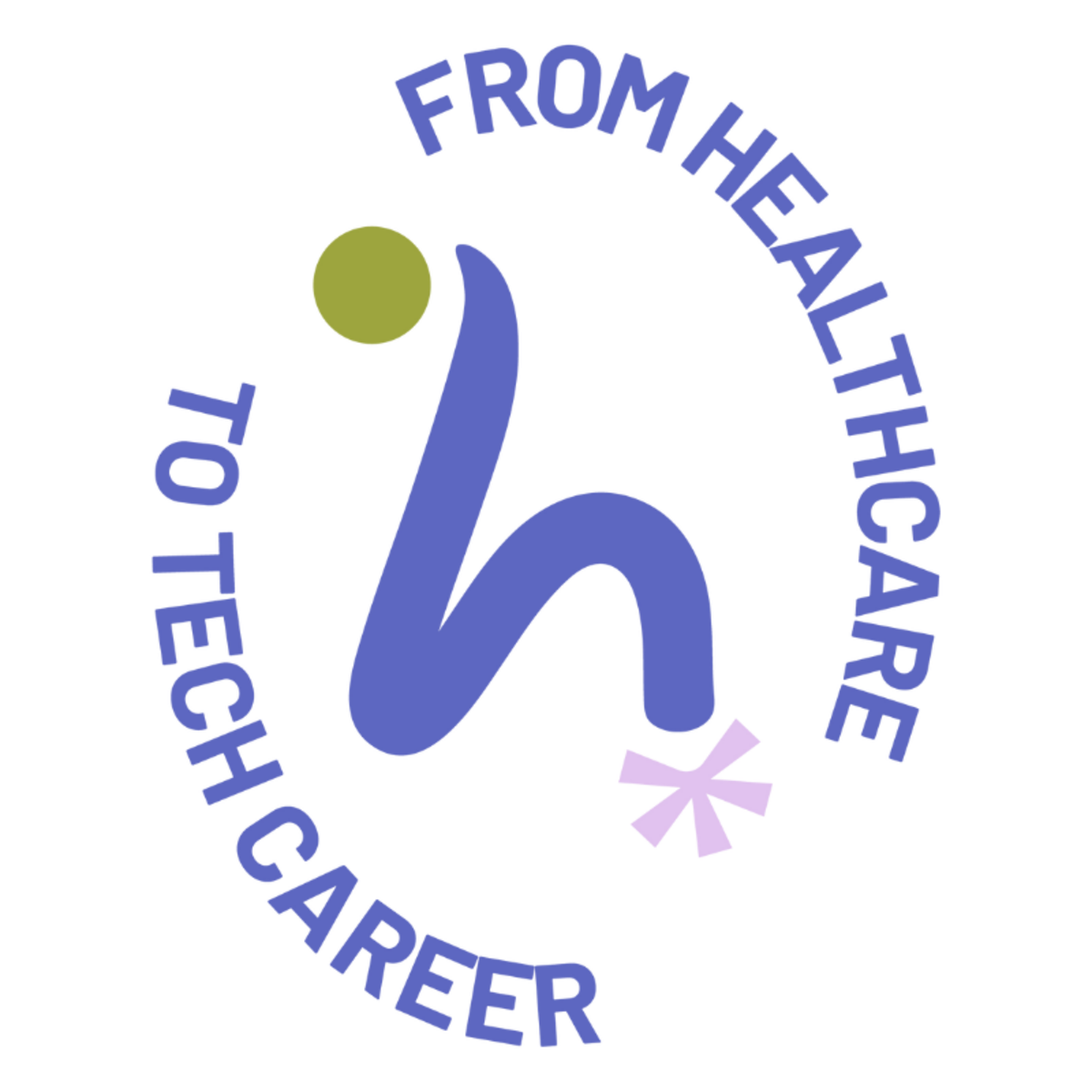Hey Health Techies!
One thing is for sure in tech: there are A LOT of PMs. You’ve got program managers and and product managers, not to mention procurement managers and portfolio managers.
Last week I covered product management, and this week?
We’re on to another PM role: project manager.
Project management is one of those job titles that people get. If you say “I’m a project manager”, people have a good general idea of what you do. So instead of harping on the nuts and bolts of the job, I’ll focus on how it applies to healthcare companies and what clinicians should consider when making the switch.
👩🏻🏫 What does a project manager do in healthcare?
Just like any business, healthcare companies need people to work cross-functionally to accomplish business goals. The project manager plans, organizes, and orchestrates the execution of projects to keep them on time, on budget, and within scope.
Part of why this is so crucial is that often folks contributing to the success of a project may need to perform tasks outside of their normal day to day activities, and in healthcare that outside time is particularly slim. A project manager ensures that these tasks are getting done and manages the overall timeline to ensure things are on track as well as remove blockers that may be a threat to project timelines.
Projects may need input from a lot of different stakeholders including clinical teams and non-clinical teams including compliance, finance, and operations. The project manager ensures these stakeholders are informed and aligned all along the way.
🎓 What is a PMP and do I need one?
PMP stands for Project Management Professional and is a globally recognized certification for project managers. This looks like an attractive option for many healthcare professionals who want to pivot and equate getting a degree or certification with being qualified to be hired to do a specific job. Many will pay a lot of money to obtain it (and take a pretty difficult exam) only to continue to struggle to find a job afterwards.
This happens with a lot of certification programs, but please don’t get the impression that I am against them. I think PMP programs are great for giving you guidance and structure around your project management process — and things to consider in running projects that perhaps you have never thought about or never encountered in your healthcare career. That is great perspective and knowledge!
Ultimately, companies want to know that you can perform the job, not just meet certification requirements, so your best bet if you pursue a PMP is to then use that knowledge and apply it in your day to day clinical role. Solve business problems and lead projects that have real impact on both patient outcomes and business metrics, and you’ve got some great selling points as you officially try to transition into a PM role.
👨🏽⚕️ Why do clinicians make excellent project managers?
The most straightforward answer is simply that they are already doing the job. I posted a video about this on Instagram recently, but it bears repeating. Every patient is a project.
This is in no way meant to de-humanize patients and reduce them to a set of to-dos or tasks. Instead my goal is to build a bridge between how we think about treating patients and how we think about non-clinical skills— in this case managing projects.
Projects can be simple or complex. So can patients.
Projects can be short-term or long-term. So can certain conditions that a patient has (acute vs chronic).
Projects require coordination of tasks across multiple parties. So do patients. You as the clinician have to take actions, you need the patient to take some independent actions, and you may rely on other clinical counterparts to do their own part in caring for the patient.
Projects have milestones. So do patients. You may set time-based milestones (ie. “come back in 3 months to check-in on XYZ”) or milestones based on certain achievements being made (ie. “your A1C is now below 7%).
I hope that series of parallels was helpful in reframing some of your thinking about the qualifications of a clinician to do project management. My goal in this series of newsletters is to let you know that your non-clinical skills matter. Being a good communicator. Being detail-oriented. Working collaboratively. It all translates. And a non-traditional healthcare job is well within reach.
Let me know which job you want me to profile next!
📰 Weekly Wrap-up
How Amazon Web Services (AWS) is approaching generative AI in healthcare
In celebration of the Olympic Games, a great profile on a Team USA psychologist, Kweku Smith
A bullish look at the future of digital therapeutics
👀 Don’t miss these open roles
RN Clinical Solutions Quality Senior Manager - Best Buy Health
Registered Dietitian - Season Health
Senior Implementation Manager - Memora Health
and more!
👋🏽 In case you missed it… Today is the day for early enrollment to my new group program — Health Tech Success — for those on the waitlist. Keep an eye on your inboxes. 👀 Enrollment opens at 9am PST. If you’ve been looking for a way to work together on your career journey, it’s not to late to join the priority waitlist to get all the details. |
Until next time,
Lauren

